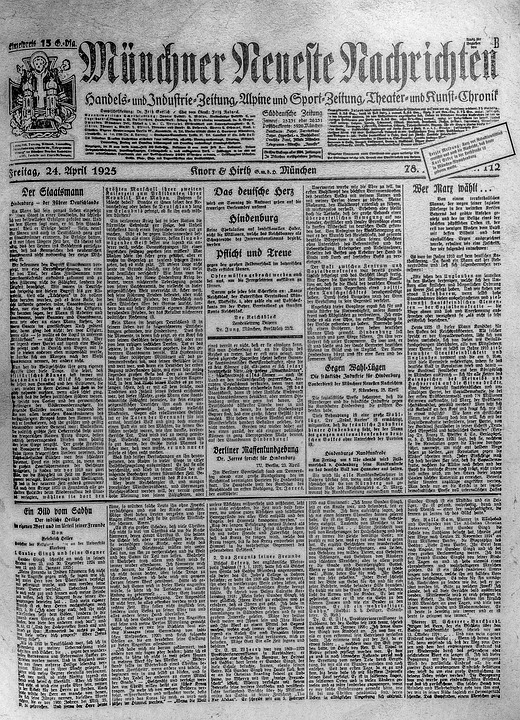[ad_1]
“I just got my tax refund, it’s time to go on a vacation!” I can’t tell you how many times I heard this growing up and now see daily on social media. I recognized early in life that the way I managed money was very different than most people I knew. It has always puzzled me because I never quite understood how people could spend money without ever giving a second thought to saving or retirement. Following are some basic habits you can start now to help secure your financial security in the future:
1. Saving for retirement as early as possible is the most beneficial thing you can do. Even if it is just $50 per month, which is the minimum for most plans, you could be setting yourself up with thousands upon thousands of dollars at retirement. The earlier the better. For example, a 25 year-old who saves $200 a month until age 65 and earns exactly 6% on saved funds annually would have accumulated around $400,000. But a 40 year old contributing the same amount each month at the same earnings rate would have accumulated only $139,600 by age 65.
2. Never carry a balance on a credit card with an interest rate. This is one of the fastest ways to build an amount of debt that could burden you for the rest of your life. When you do need to use credit and you’re unable to pay in full each month, seek out a 0% interest card. Many promotions are from six moths up to a year or more. If used responsibly, they are essentially a free loan. Just be certain to pay their entire balance before then end of the term or you’ll end up with retroactive interest that could add hundreds of dollars (if not more) to your obligation.
3. Instead of buying a new car or a lease, try to save up and buy a good used car for cash. What you save between interest, depreciation, taxes, plates and insurance will save you thousands. According to Edmunds.com, buying a car that is two years old is your best bet because you avoid the biggest depreciation drop. Owning it for three years and then selling will also benefit you because you see another large drop after year five due to long-term maintenance that is generally required at that point. If you cannot afford a two-year old car without having to borrow, then getting one a little older with the long term maintenance repairs done (and low miles if possible) is your best bet.
4. Avoid eating out if you can. The average American eats out 4-5 times per week spending on average $232 per month or about $2,700 per year. If you skipped eating out for two years you would have actually saved enough to buy a good used car like point three above.
5. The last thing, and arguably the most important, is thinking long-term. The worst way to justify spending is doing so on an individual basis versus the monthly or yearly aggregate. Take eating out for example: while it might only cost you $10 a meal, don’t fail to consider that if you did this three times per week for a year, you would have spent more than $1,400. This same logic can be applied to virtually anything-clothes, vacations, furniture, coffee, expedited shipping etc. Anytime you’re about to spend money think to yourself, okay, how much will this end up costing me each year.
[ad_2]
Source by Mick Manley



